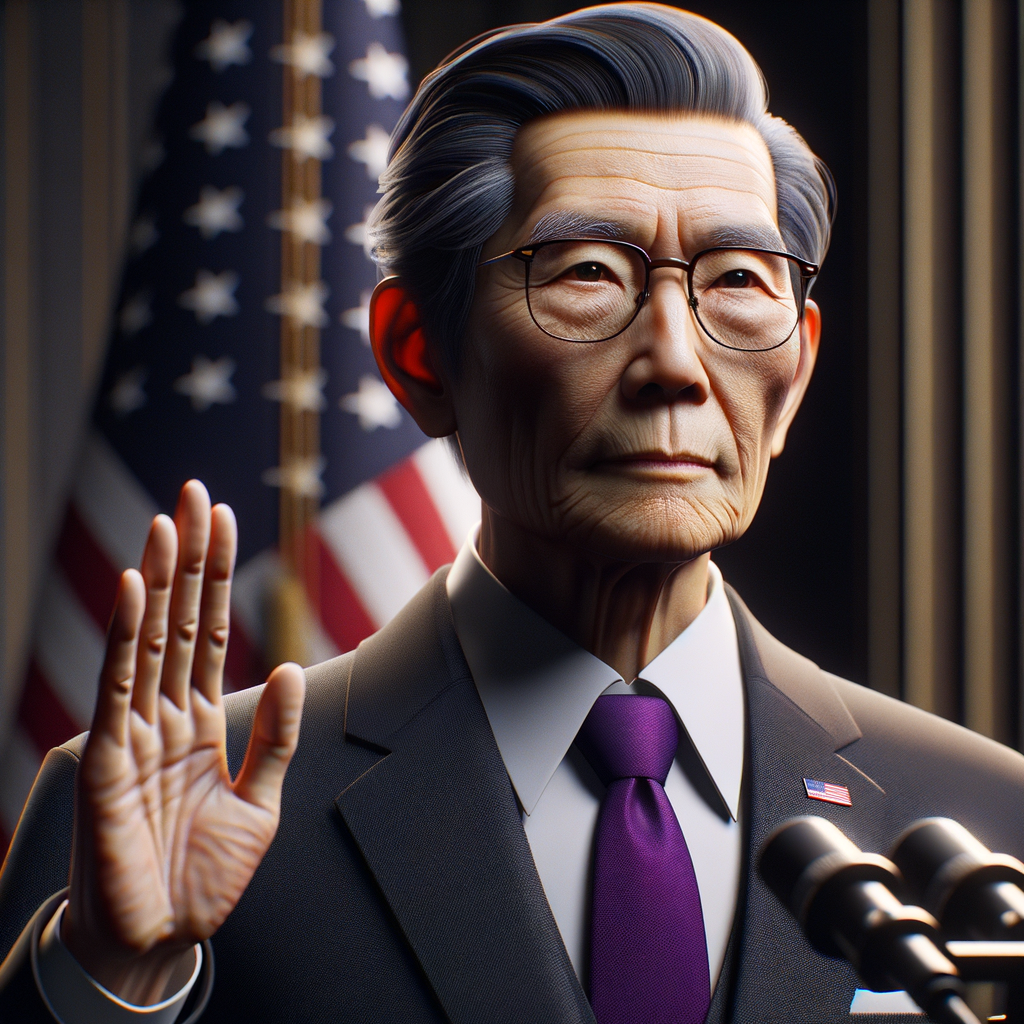The Power of Intergenerational Learning: Bridging the Gap Between Boomers and Millennials
In today’s digital age, the concept of intergenerational learning is becoming increasingly important. It is a beautiful bridge that connects the wisdom of Baby boomers with the tech-savvy skills of younger generations, creating a harmonious transfer of knowledge that benefits everyone involved. This learning approach has demonstrated its value in both personal and professional spaces, underscoring the inclusive nature of shared wisdom.
Understanding Intergenerational Learning
Intergenerational learning encompasses the transfer of skills, knowledge, and values between different generations. This form of learning not only strengthens family bonds but also fosters social inclusion by reducing age-related stereotypes. As a result, members from each generation, particularly Baby boomers and their younger counterparts, find themselves in a reciprocal teaching and learning cycle.
Technology: The Common Ground
One of the most vibrant areas of intergenerational exchange is technology. Many baby boomers often find it challenging to keep up with the rapid pace of technological advancements. However, with the enthusiastic support of younger family members, they have gradually become more confident in using modern gadgets. This includes learning how to use smartphones, set up video calls, and even navigate social media platforms.
The Mutual Benefits of Sharing Knowledge
The sharing of knowledge goes both ways. While the older generation may learn about the latest tech trends, the younger generation gains invaluable life lessons. These range from financial management and work ethics to the importance of good manners. Consequently, this mutual exchange enriches the lives of both parties, making it a truly rewarding experience.
Spotlight on Success Stories
The impact of intergenerational learning is evident in numerous success stories. Families have reported stronger relationships and improved communication as a result of their shared learning experiences. Additionally, organizations have also begun to acknowledge the benefits of intergenerational programs, which often lead to more inclusive and diverse workplaces.
In conclusion, intergenerational learning is a powerful tool that bridges the gap between different generations. It promotes a culture of mutual respect and understanding, ultimately leading to a more cohesive and harmonious society. As we move forward, embracing the teachings of both Baby boomers and younger generations will undoubtedly pave the way for a brighter, more inclusive future.







